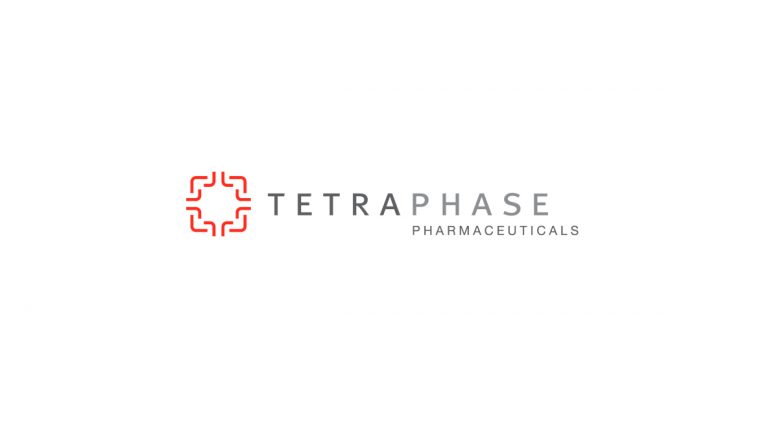
Tetraphase Pharmaceuticals, Inc. (NASDAQ:TTPH) didn’t have a great start to the week this week. The company just put out data from a phase 3 clinical trial of one of its lead development assets, a drug called intravenous (IV) eravacycline, and the data has failed to hit the mark on a number of endpoints.
In response, markets sold off on Tetraphase considerably, with after-hours action bringing the company down more than 55% to a $2.44 share price and a market capitalization of $280 million. This is down from a share price of $5.43 at the close of play on Tuesday).
So what happened?
As mentioned, the drug is an IV formulation of eravacycline and the trial, which was called Ignite 3, was set up to show that it could be both safe and effective in the treatment of complicated urinary tract infections (cUTI).
The trial was structured so as to compare Tetraphase’s eravacycline with an existing asset in this space, a drug called ertapenem, which was developed by and is currently marketed by drug making behemoth Merck & Co., Inc. (NYSE:MRK).
In terms of design, Ignite 3 brought on board 1205 patients, each of which received at least a five-day course of eravacycline or Merck’s ertapenem, and each of which was followed up at the end of treatment and at a test-of-cure visit.
While we don’t have much in the way of specifics, Tetraphase reported in a press release detailing the outcome of the trial that the study did not achieve its co-primary endpoints and, right now, the team is “fully analyzing the data to understand this outcome”.
The safety and tolerability side of the trial didn’t show any major problems, which is at least a small positive considering that there is a good chance Tetraphase wants to expand this program into other indications, but it’s not going to make the impact from a shareholder sentiment perspective any easier to stomach.
And we have seen this illustrated in the action since the related press. As noted, the company is currently down around 55% on its preannouncement market capitalization and we will almost certainly see a continuation of this decline as normal participation opens up on Wednesday and the US markets absorb the information.
So what’s next?
This isn’t the only indication that eravacycline is targeting and, indeed, there is a more advanced program in place investigating the safety and efficacy of the same asset targeting an indication of complicated intra-abdominal infections (cIAI) – a related, but different, condition.
Tetraphase submitted a new drug application (NDA) for this program at the start of January this year, so the next major catalyst for the company is rooted in the agency response to this application.
We generally see a 12-week delay between submission and an answer on an application, so we’re probably looking at somewhere between now and the end of the first quarter of this year as far as getting a response is concerned. If the FDA accepts the application in its current iteration, Tetraphase will be looking at PDUFA likely during the first quarter.
One thing to keep in mind is that this program has reached NDA phase in the past but hit a wall back in 2016 when the FDA responded with a request for additional efficacy data surrounding the cIAI target indication.
Tetraphase conducted additional studies to put this data together but, as is always the case, the studies cost money and time – something that can be a real pressure on shareholder sentiment.
As such, while markets are likely cautiously optimistic about the NDA this time around, there is always the chance that the FDA will again request more data and – if this is the case – Tetraphase is going to once again see its market capitalization decline and likely to a higher degree than that which we have seen over the last 24 hours or so.
This is a disappointment for the company but it’s not terminal for the asset and markets are now working towards an FDA response as indicative of near-term sentiment.
Enjoy this article? Check out this one next: Vertex Pharmaceuticals, Kadmon Holdings Are Early Week Biotech Movers




